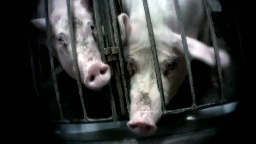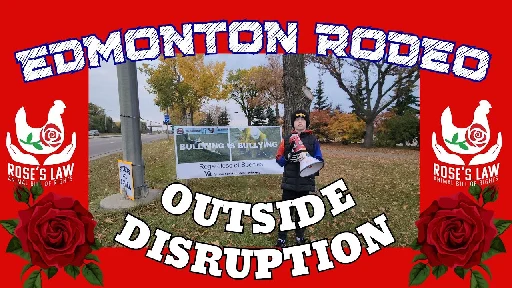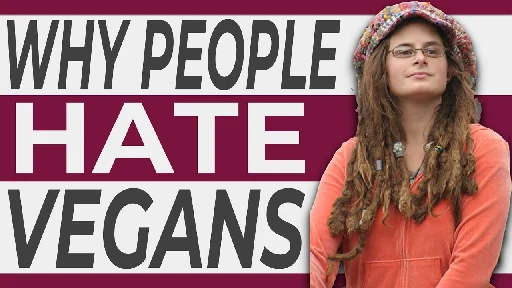 jerkface @lemmy.ca
jerkface @lemmy.ca My gender is my concern, but you may use any pronoun to refer to me
The animals we create are morally equivalent to our own children and are owed the exact same unconditional love and protection.
And are you a US postal carrier or just some irritable crank looking for problems to be irritable about?
Really! I got started on Simutrans and had a lot of difficulty moving to oTTD. The straw that broke the camels back was having to lay down rail tile by tile instead of routing between two point.
I have thousands of hours in Urban Terror. I wish the jump mechanics could be enabled in other games. I have so many neurons dedicated to it.
Every couple of years I throw 40-80 hours into (eg) https://crawl.akrasiac.org:8443/#lobby
Computers can calculate infinite series as well as anyone else
And finally, delivery drivers are mostly underpaid immigrants, cut them some slack.
Of course not, it's not the frigging drivers that are benefiting from the practice. The fact that the people being forced to fuck me are immigrants is irrelevant to this discussion, that's just clouding the water with bullshit.
At least we can agree that Israel is a genocidal rogue state.
Being okay with genocide as long as you have other interests you don't wish to risk by taking a stand against it is kinda basically "complicit", isn't it?
lol cope harder
Naaah, just privatized suicide services. Oh wait, we have those, we call them long term care.
Perversely, while it would be easier for someone with no equipment to maintain in their home, it would be a bigger pain in the ass for a bike shop here to maintain than a typical cargo bike would be.
How is this in any way difficult to grasp?
UW administration hates its students.
humour presented unironically as a guide to one's own emotions.
you forgot dairy and meat
Animal rights activist charged under new law after protest at Fearman's Burlington, Ontario pork plant
It's the same plant where Regan Russell was killed after being struck by a truck carrying pigs
Joaquin Phoenix joined animal rights activists outside Burlington, Ontario slaughterhouse
Phoenix has spoken out about Ontario's so-called 'ag-gag' bill and the death of Regan Russell
CEO of [Epic Pinball] Developer Digital Extremes stepping down
Founder of Digital Extremes James Schmalz has announced he will be stepping down as CEO of the company, with CCO Steve Sinclair stepping in.

Digital Extremes has always been a major local name in game development. It's been lead by Eric Schmalz since the 90s until the end of last month.
Ag gag laws cover up cruelty on farms and violate free expression.

This is the Animal Justice site's own blog with lots more information than the press
How to Expose Animal Cruelty

YouTube Video
Click to view this content.
The manual referenced in the video can be found here: https://www.directactioneverywhere.com/theliberationist/investigation-manual
A court battle over Ontario legislation that prevents the undercover filming of factory farms and the animals kept on them is set to kick off in Toronto Monday morning.

[CBC News] She says her boss told her she can’t wear a mask, so she quit

YouTube Video
Click to view this content.
Carving up the Ontario Greenbelt: Was the process rigged? | About That

YouTube Video
Click to view this content.
YouTube channel of animator and vegan activist, dlal
Satirical animated skits examining veganism and carnism.
You can be one of the first thousand subscribers! I wouldn't be surprised to see this blow up some day. The recent work is very good and the trajectory it's on is very promising. I find channels like this inspirational to work on my own expressions.
Why do we prioritize human rights over those of other species? Philosopher Peter Singer dives into what he calls "speciesism," the root of the widely ignored...

Renowned philosopher Peter Singer discusses his experience becoming vegan, and makes his argument for animal rights.
Green MP Mike Morrice's wrist tattoo
Cropped out of this photo of Mike at last night's #WaterlooJazzFestival: https://pxlmo.com/i/web/post/588217899688562118







